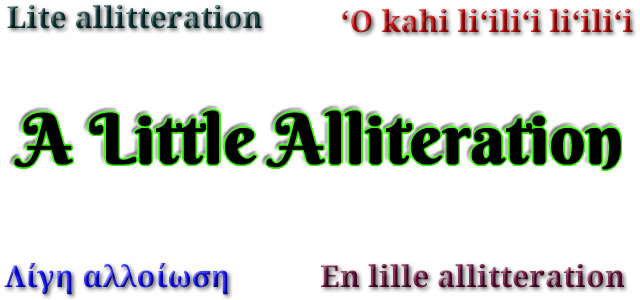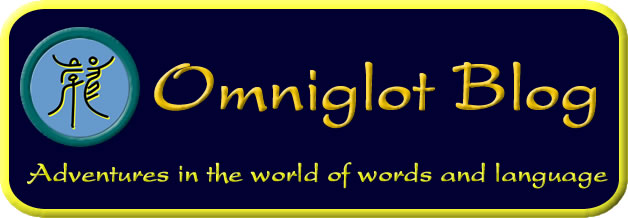If something is unlikely to happen, you might say that it’s just pie in the sky. Have you ever wondered where this expression comes from? Let’s find out.
Pie in the sky refers to:
- a fanciful notion
- an unrealistic or ludicrous concept
- the illusory promise of a desired outcome that is unlikely to happen.
It first appeared in a song called The Preacher and the Slave written and published in 1911 by Joe Hill (1879–1915), a Swedish-American labour activist and songwriter. He wrote it as a parody of a Salvation Army hymn In the Sweet By-and-By, which was published in 1868. It is a criticism of the Salvation Army’s focus on future salvation rather than on present deprivations [source].
The phrase appears in the chorus of the song, which goes something like this:
You will eat bye and bye
In that glorious land above the sky
Work and pray live on hay
You’ll get pie in the sky when you die
You can hear this song sung by Utah Phillips here:
More details of this song and pie in the sky:
https://en.wikipedia.org/wiki/The_Preacher_and_the_Slave
https://www.phrases.org.uk/meanings/pie-in-the-sky.html
Here’s a song I wrote recently based on this phrase, called Pie In The Sky:
If you fly up high
and open your eyes
you might just spy
some pie in the sky
At the end of the rainbow
you might just find
a pretty pot of gold
or so I’ve been told
If you search here and there
and everywhere
you might just snare
a castle in the air
Whatever you seek
Wherever you peek
You might just see
something unique
So open your eyes
and your ears and your mind
cause you never know
what you might find
cause you never know
what you might find
Other phrases that refer to fanciful notions or things that are unlikely to happen include: castle(s) in the air, eggs in moonshine, jam tomorrow, pipe dreams and the cake is a lie in English [source].
In French you might talk about une promesse en l’air (an empty promise, lit. “a promise in the air”), un château en Espagne (a castle in Spain), or des paroles en l’air (empty words, lit. “words in the air”) [source].
In German you might refer to Zukunftsmusik (future music), ein Luftschloss (a castle in the air), or das Blaue vom Himmel (the blue of the sky) [source].
In Welsh it’s breuddwyd gwrach (a witch’s dream) [source], in Irish you might talk about caisleáin óir (golden castles) [source], and in Swahili you could mention raha ya mbinguni (heavenly bliss) or ndoto za mchana (daydreams) [source].
What about in other languages?














